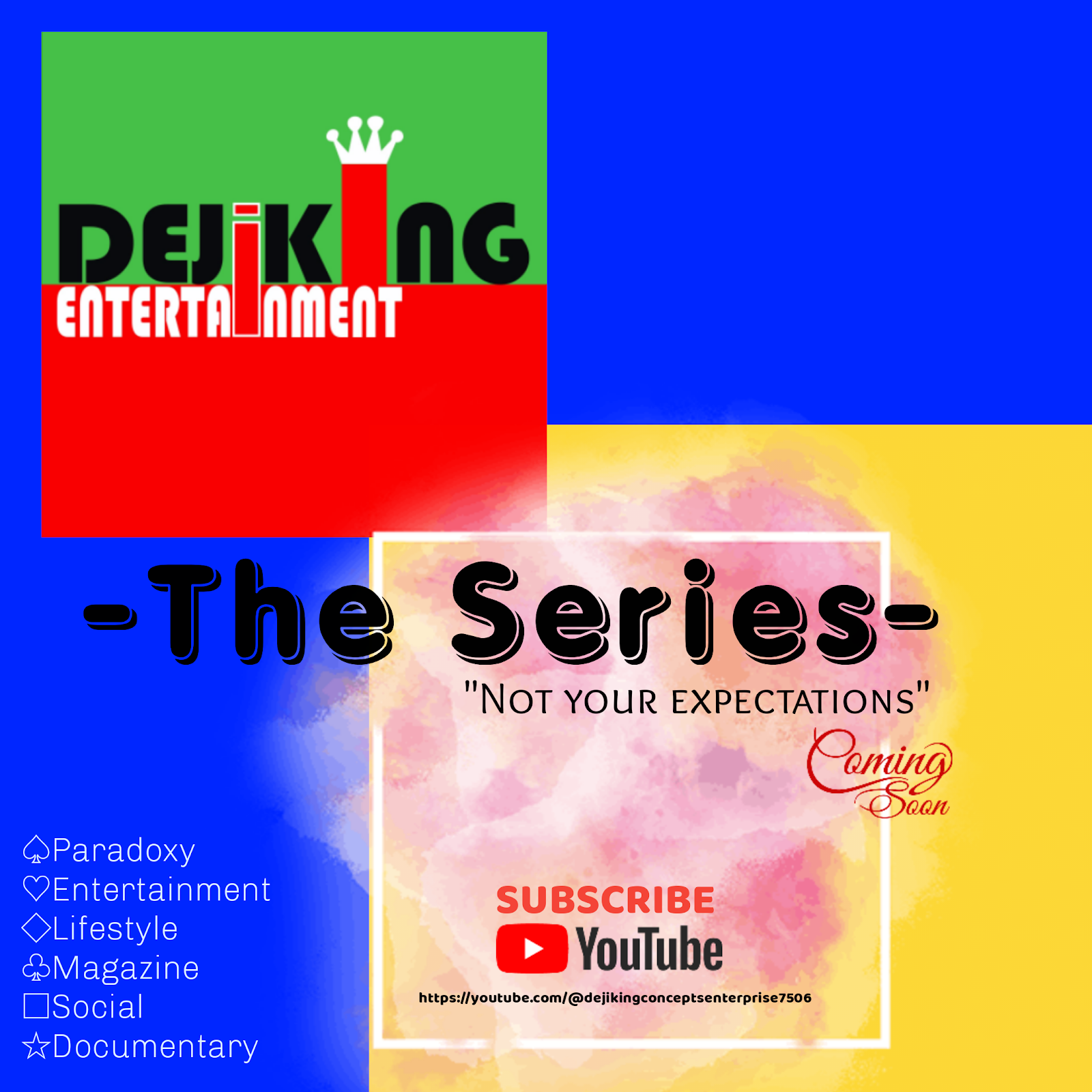The Ultimate Guide to Nigeria's New JSS & SSS Curriculum
The Vision: A Future-Ready Curriculum
The new framework, developed in collaboration with the Nigerian Educational Research and Development Council (NERDC), focuses on competency-based and practical learning. The key objectives are:
To reduce subject overload, allowing for deeper learning.
To integrate 21st-century skills like digital literacy, coding, and critical thinking.
To equip students with entrepreneurial and vocational skills to address youth unemployment.
A Forward-Thinking Educational Shift
Nigeria’s educational landscape is evolving. With the recently unveiled Junior Secondary (JSS) and Senior Secondary (SSS) curricula, the country is taking bold steps toward equipping students with 21st-century skills—blending academic knowledge with digital, creative, and entrepreneurial competencies.
This comprehensive guide explores the full list of subjects and learning outcomes designed to foster innovation, critical thinking, and national development.
Why the New Curriculum Matters
Aligned with global standards and local needs, this curriculum emphasizes:
✅ Digital literacy and coding
✅ Critical thinking and research
✅ Entrepreneurship and innovation
✅ Cultural and linguistic fluency
✅ Holistic health and wellness education
These changes aim to reduce unemployment, drive technological adoption, and position Nigerian youth as global competitors.
Junior Secondary (JSS 1–3) Subjects Breakdown
Here’s what JSS students will learn:
Mathematics & Measurement
Numbers, fractions, algebra, geometry, statistics, and real-world measurements (km, g, °C, time zones).
English Language
Essay writing, advanced grammar, comprehension, vocabulary, and oral communication through debates and drama.
Integrated Science
Physics (motion, energy), chemistry (reactions, matter), biology (cells, ecology), earth science, and lab safety.
Digital Literacy & Coding
MS Office, internet research, Python/Scratch coding, and robotics.
Social Studies
Nigerian/African history, civics, geography, economics, and entrepreneurship basics.
Languages
Advanced mother tongue and conversational French or Arabic.
Creative Arts
Drawing, painting, drama, film basics, music, and crafts.
Physical & Health Education
Sports, nutrition, reproductive health, first aid, and drug abuse awareness.
Senior Secondary (SSS 1–3) Subjects Breakdown
SSS subjects build on JSS foundations with greater depth and specialization:
Mathematics & Advanced Applications
Algebra, trigonometry, calculus, probability, statistics, and financial mathematics.
English & Communication
Advanced essays, literary analysis, research skills, public speaking, and journalism.
Sciences
Physics (electricity, nuclear physics), chemistry (organic, industrial), biology (genetics, biotech), and environmental science.
Technology & Innovation
Programming (Python, JavaScript, HTML/CSS), data science, AI, robotics, and cybersecurity.
Social Sciences
Government, law, economics, world history, philosophy, and entrepreneurship.
Languages
Mother tongue literature and fluency in French, Arabic, or Chinese.
Creative Arts & Innovation
Fine arts, music, drama, and media production.
Physical & Health Education
Advanced sports, mental health, CPR, and leadership.
Research & Project Work
Capstone projects requiring data collection, analysis, and presentation.
How This Curriculum Prepares Students for the Future
Tech-Ready Generations: With coding, AI, and robotics, students gain relevant digital skills.
Entrepreneurial Mindset: Courses in economics and entrepreneurship encourage business innovation.
Global Citizenship: Language fluency and social sciences promote cultural awareness and ethical reasoning.
Holistic Development: Health education and creative arts support mental, physical, and emotional well-being.
Challenges and Opportunities
While the curriculum is promising, successful implementation requires:
📚 Teacher training and resource allocation
💻 Access to technology in rural areas
🔍 Periodic reviews to keep content relevant
Nigeria’s growth depends on effectively executing these educational reforms.
A Blueprint for National Development
This curriculum isn’t just about subjects—it’s about shaping future leaders, innovators, and critical thinkers. If well implemented, it can drive economic growth, reduce skill gaps, and put Nigeria on the map as an emerging knowledge economy.
Is Nigeria ready? With collaboration between government, educators, and communities, the answer is yes.
FAQ
Q: Is coding mandatory?
A: Yes, from JSS through SSS, students learn programming basics and advanced applications.
Q: Are foreign languages compulsory?
A: Students must achieve conversational fluency in at least one international language.
Q: How does this curriculum support entrepreneurship?
A: Dedicated modules in social studies and social sciences cover business basics, trade, and innovation.





















COMMENTS